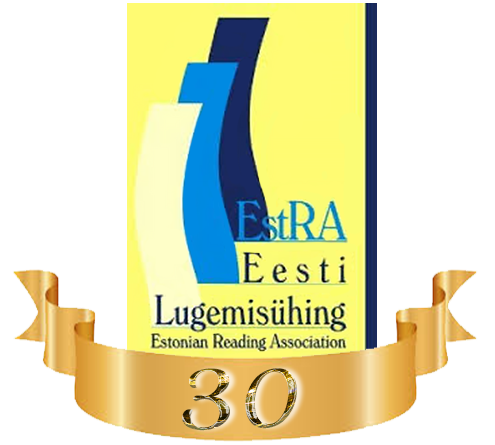- Programme
- Closing Panel Discussion
Closing Panel Discussion
Time & Place:
16:30-17:30 Monday, 6th October 2025, Tallinn hall
Topic:
''From Reading the Word to Reading the World: Literacy as a Civic and Environmental Tool''
Description:
Inspired by Paulo Freire’s concept of critical consciousness, this panel explores how literacy empowers learners to engage with both democratic life and environmental realities. What does it mean to “read the world” in a time of climate crisis and global misinformation? The panel invites ideas on using literacy as a tool for civic responsibility, environmental action, and systemic understanding — especially among young people.
Key Questions:
-
What does it mean to be literate in the age of climate crisis?
-
How can climate storytelling shape civic identity and responsibility?
-
Can literacy education help build ecological resistance and resilience?
Session Chairs:
-
Sandra Kalnina (Federation of European Literacy Associations / University of Latvia)
-
Maria Jürimäe (Estonian Reading Association / University of Tartu)
Panelists:
-
Els Heinsalu | The Estonian Young Academy of Science
-
Zoi Philipakkos | Board of International Literacy Association
-
Ieva Margeviča-Grinberga | University of Latvia
-
Tiit Maran | Parliament of Estonia, World Animal Protection International
-
Ellen Roper | Estonian Debating Society, University of Oxford
